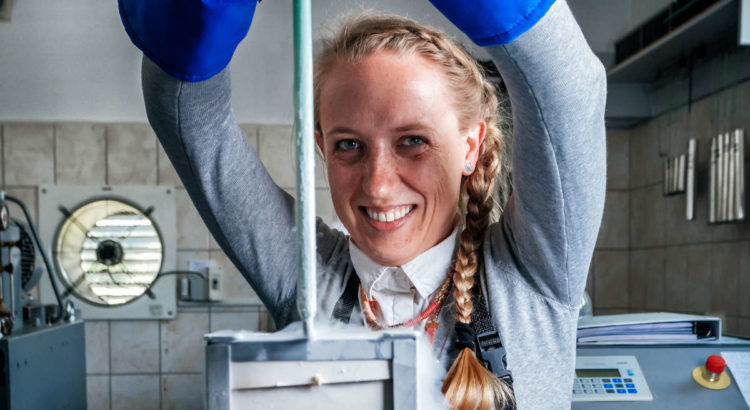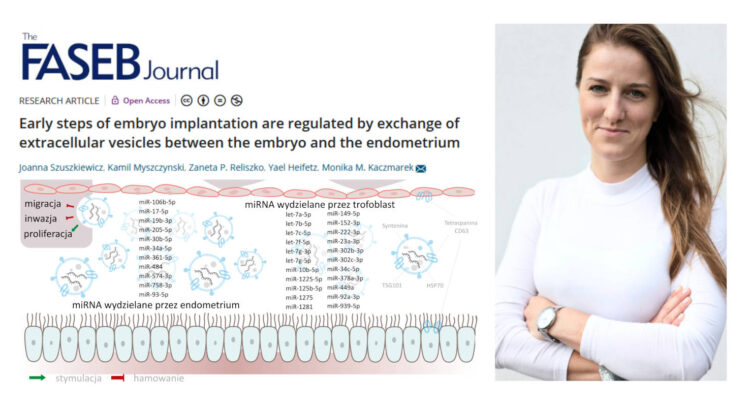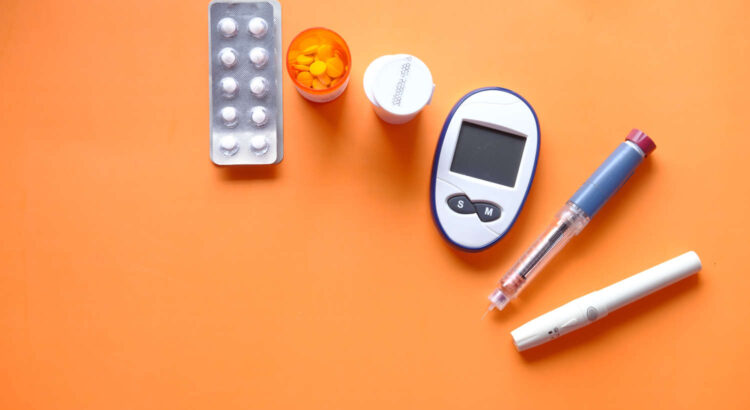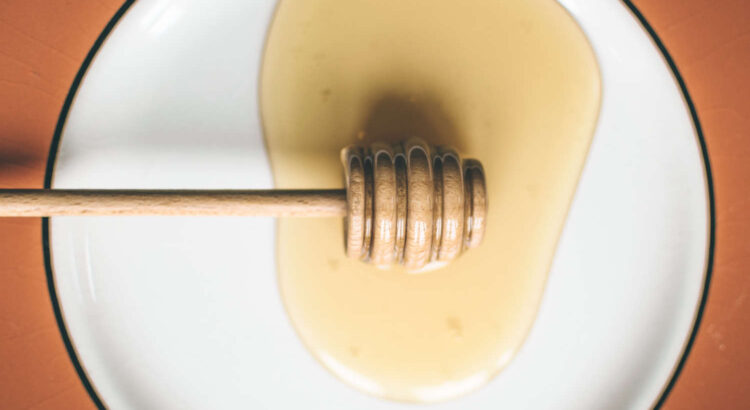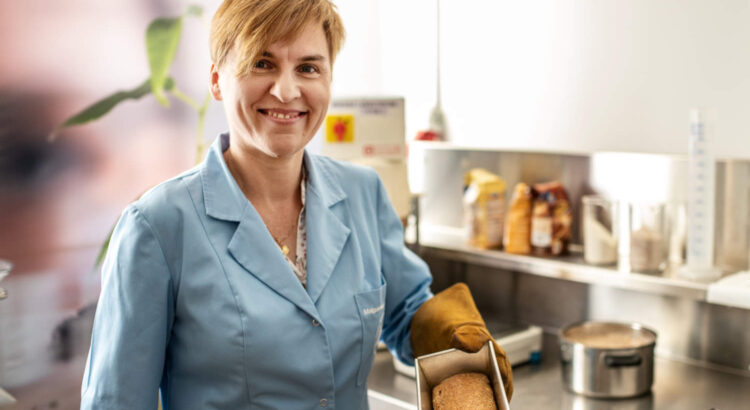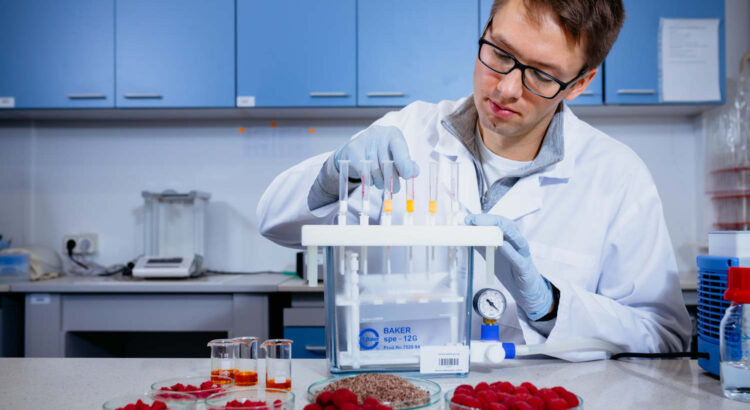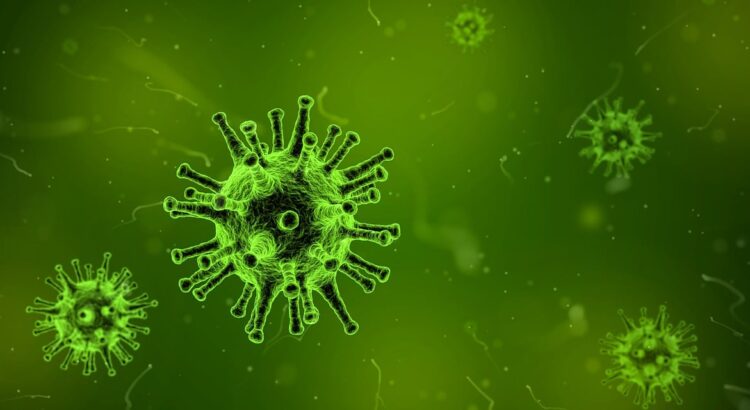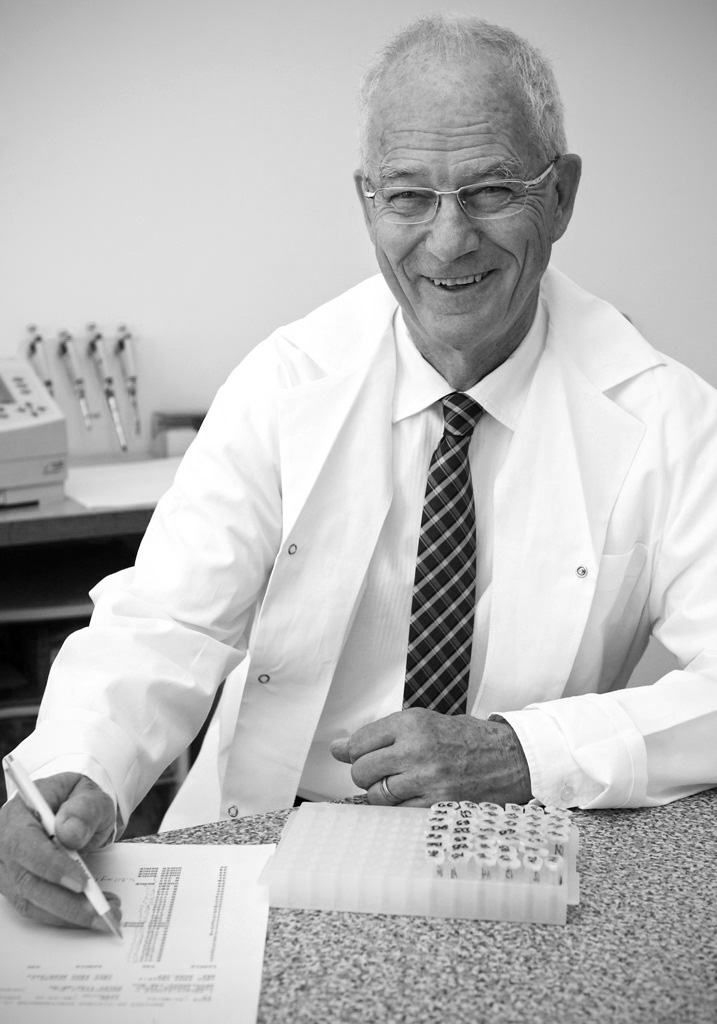Supporting the process of fish reproduction in the event of an environmental disaster, safeguarding the stability of breeding in fish hatcheries and protecting the gene pool – these are the main objectives of the fish semen banks that scientists from the Institute of Animal Reproduction and Food Research of the Polish Academy of Sciences in Olsztyn are developing.
– Awareness of the need for fish semen banks continues to grow. Last year’s ecological catastrophe on the Oder River in Poland made us realise how important it is to have backup to be able to start the process of reproduction of native fish populations efficiently and effectively in such situations – emphasises Dr. Sylwia Judycka from the Department of Gamete and Embryo Biology of the IAR&FR PAS.
In addition to protecting endangered species or entire fish populations, semen banks also make it possible to safeguard the stability of breeding lines in fish hatcheries. Dr Sylwia Judycka worked on the creation of a fish semen bank for the largest facility of this type in Poland, located in Dąbie (Dąbie Fish Hatchery). The project was implemented as part of a project from the National Centre for Research and Development (NCBiR).
– Having frozen semen greatly improves breeding in various situations, e.g. when sexual maturity of females and males does not occur at the same time for various reasons, or when a breeding farm does not have sexually mature males in a certain year, making it impossible to obtain fresh semen for spawning – the scientist points out.
Supporting efficiency in breeding is not the only reason for having a fish semen bank. – Catastrophes can also occur in farms when a dangerous virus for fish is detected in the water. In such situations, unfortunately, the entire stock of the farm has to be disposed of. It can take years to rebuild it by natural means; using frozen semen of valuable breeding lines, the process will be much quicker – stresses Sylwia Judycka.
As the researcher points out, currently the main barrier against having a fish sperm bank is financial: the cost of creating such a base and maintaining it.
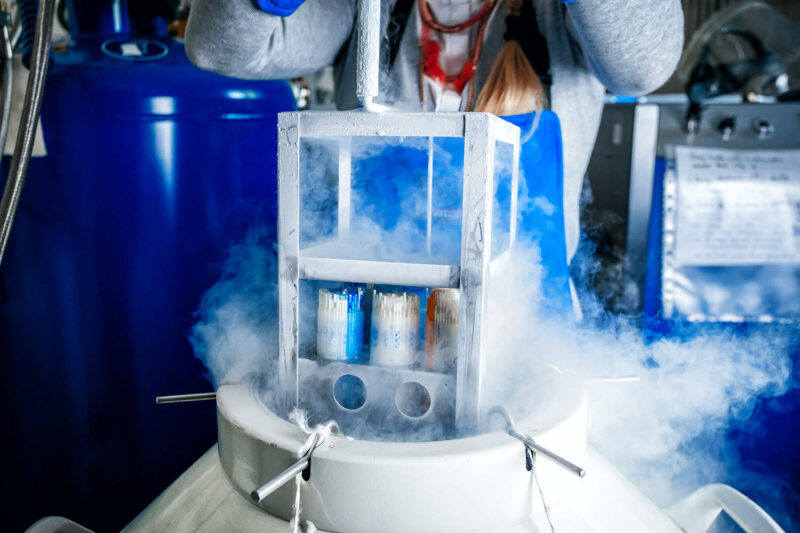
Fish semen is cryopreserved (stored at an ultra-low temperature of -196°C) before being deposited in the bank. – We fill thin straws, several centimetres long, with semen, which are frozen on special frames in liquid nitrogen vapour and then transferred to liquid nitrogen containers. Each straw with a sample of frozen semen is accurately labelled, which enables the frozen semen samples to be correctly identified and has a specific number of sperm per millilitre – the scientist explains.
The lifespan of semen frozen and stored in this way is calculated to be up to thousands of years. – So far, we have tested semen thawed after several years and it was still of high quality – Sylwia Judycka reports.
Dr. Sylwia Judycka’s research interests include studies of fish semen – its quality or learning about the mechanisms responsible for, e.g. the maturation of spermatozoa in rainbow trout neo-males (neo-males are sex-reversed fish). The main method used in Dr. Sylwia Judycka’s research is the aforementioned cryopreservation.
Dr Sylwia Judycka’s recent scientific publications have included the development of guidelines for improving the cryopreservation process and semen quality assessment of sex-reversed salmonids.
In September, the researcher starts a three-month research internship in France (at the Laboratory of Fish Physiology and Genomics of the INRAE in Rennes) to learn about a research technique called gene editing and be able to use it later in her further research.
For her scientific achievements, Dr. Sylwia Judycka was awarded the 'L’Oréal-UNESCO For Women and Science’ scholarship (2022).
